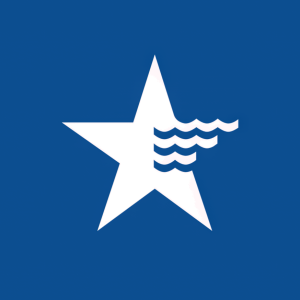Pennsylvania American Water Reminds Customers to Help Keep Storm Drains Clear of Leaves this Fall
Falling leaves can block storm drains, resulting in flooded roadways and sewer backups.
“Homeowners often rake fallen leaves to the curb for collection by their municipality,” said Jim Runzer, vice president of operations, Pennsylvania American Water. “Wind or rain can wash those leaves down the gutter, blocking or entering storm drains and causing additional issues during rainstorms, including flooding streets and costly sewer backups.”
Pennsylvania American Water recommends leaves and other yard waste be bagged for pickup or recycling. These tips can help keep storm drains clear this fall:
- Never rake or blow leaves into streets, ditches or storm drains.
- If leaves are being collected, only place leaves and yard debris at the curbside on your designated collection day.
- Mow over leaves to create a finely chopped mulch.
- Put fallen leaves and other organic debris into a compost bin.
Runzer added, “If residents see a storm drain in their neighborhood blocked by leaves or debris, it can be easily cleared with a rake or shovel, provided that it can be done safely.”
In addition, leaves, litter and other debris can enter the combined sewer system, eventually making their way to the wastewater treatment plant. This situation results in additional removal and disposal costs, along with increased labor expenses to maintain proper plant operation.
About American Water
American Water (NYSE: AWK) is the largest regulated water and wastewater utility company in
For more information, visit amwater.com and join American Water on LinkedIn, Facebook, X and Instagram.
About Pennsylvania American Water
Pennsylvania American Water, a subsidiary of American Water, is the largest regulated water utility in the state, providing high-quality and reliable water and wastewater services to approximately 2.3 million people.
View source version on businesswire.com: https://www.businesswire.com/news/home/20241017339910/en/
Gary Lobaugh
Director, Government, and External Affairs, Western PA
724-873-3674
gary.lobaugh@amwater.com
David Misner
Senior Manager, External Communications,
717-262-7525
david.misner@amwater.com
Susan Turcmanovich
Manager, External Affairs, Northeast PA
570-351-0120
susan.turcmanovich@amwater.com
John Kelemen
Manager, External Affairs, Southeast PA
484-238-5216
john.kelemen@amwater.com
Source: Pennsylvania American Water







